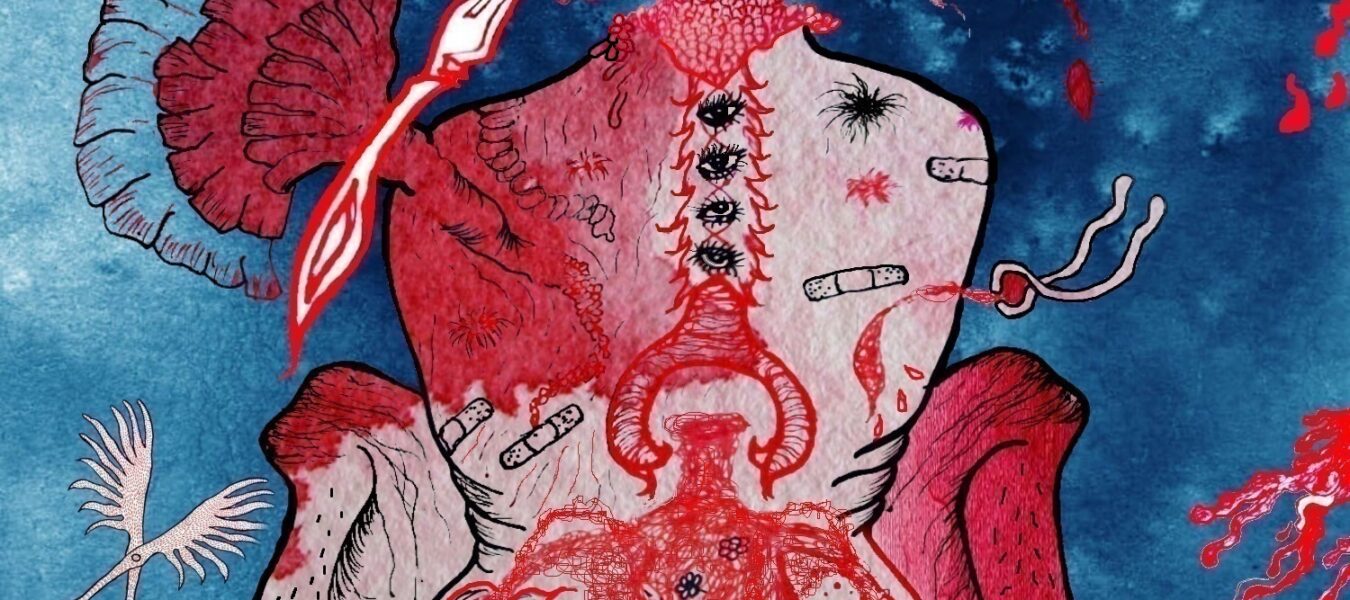A crucial aspect to consider when exploring the impact of vaginal dryness is the distinction between asexuality and low libido. Asexuality is a sexual orientation characterized by a lack of sexual attraction to others, regardless of gender. On the other hand, low libido refers to a reduced interest or desire for sexual activity, which can be influenced by various factors such as hormonal changes, medical conditions, and psychological well-being. It can result from various factors, including hormonal changes, medication, and menopause. While this issue is frequently associated with menopausal women, it can manifest in younger individuals as well.
Surprisingly, the concern of vaginal dryness may be encountered not only by those with low libido but also by asexual individuals. In this article, we explore the prevalence of vaginal dryness and how it relates to asexuality and low libido, shedding light on these often misunderstood topics.
Understanding Vaginal Dryness
Vaginal dryness is a condition characterized by a lack of natural lubrication in the vagina. This can lead to discomfort, pain, and various other complications, particularly during sexual activity. Common symptoms of vaginal dryness include burning, itching, bleeding after sex, soreness in the vulva, recurrent urinary tract infections (UTIs) or yeast infections, increased frequency of urination, and a decreased desire for sexual intercourse.
Statistics indicate that approximately 17% of people assigned female at birth (AFAB) between the ages of 18 to 50 report experiencing problems with vaginal dryness during sex, even before reaching menopause. Furthermore, over half of AFAB individuals experience vaginal dryness after menopause. This highlights that the issue is not exclusive to post-menopausal women but can affect a wide range of individuals.
Natural Remedies for Vaginal Dryness
Addressing vaginal dryness can involve both medical and natural approaches. Some natural remedies include using external lubricants like natural oils (e.g., grape seed, olive, vegetable, sunflower, or coconut oil) before intercourse. However, it’s important to note that oil-based lubricants can damage condoms, so individuals of childbearing age should opt for water-based lubricants.
Additionally, regular sexual stimulation and extended foreplay can help promote natural vaginal moisture, as vaginal wetness is closely tied to arousal. Partners can explore ways to enhance their intimacy and pleasure before engaging in sexual activity.
Asexuality VS. Low Libido
To comprehend the connection between vaginal dryness, asexuality, and low libido, it’s essential to distinguish between low libido and asexuality. Asexuality is defined as a complete or partial lack of sexual attraction or a lack of interest in sexual activity with others. It exists on a spectrum, and asexual individuals may experience no, little, or conditional sexual attraction. Importantly, asexuality is not a medical condition but rather an intrinsic aspect of an individual’s identity.
While asexual women may not be interested in sexual activity for different reasons than those with a low libido, they can still experience vaginal dryness. The lack of sexual desire or activity does not exempt them from the potential physical discomfort associated with vaginal dryness. It’s crucial to recognize that asexual individuals, like anyone else, deserve to have their physical and emotional well-being addressed, even if their sexual interests differ from the norm.
Unlike asexuality, low libido is a medical diagnosis and may be associated with distress related to the loss of sexual desire.
Asexuality is not a choice or a disorder that requires treatment; it is simply a way that some people naturally are. While asexual individuals may not experience distress related to their lack of sexual attraction, they still face unique challenges, including societal disbelief and misunderstanding.
Asexuality, Vaginal Dryness, and Self-Pleasure
Female masturbation reaps numerous proven benefits. AFAB individuals who engage in self-pleasure tend to experience more orgasms during partnered sexual activities. Additionally, female masturbation can alleviate menstrual cramps. In mature individuals, self-pleasure might mitigate vaginal dryness and reduce discomfort during sexual intercourse.
Research among married AFAB participants reveals that those who engage in masturbation report heightened self-esteem, amplified sexual desire, and greater contentment with their marriage and overall sex life.
Crucially, asexuality doesn’t equate to a complete absence of interest in sexual activities. Asexual individuals can still indulge in self-exploration, deriving sexual pleasure and satisfaction. After all, asexuality primarily pertains to the absence of sexual attraction rather than the enjoyment of sexual activities.
A survey conducted by the University of British Columbia divulged that a significant proportion of asexual respondents reported engaging in self-pleasure at least monthly. Orgasms, regardless of an individual’s sexual orientation, confer an array of benefits, encompassing stress reduction, anxiety alleviation, mood enhancement, and improved sleep. These advantages underscore the significance of embracing diverse sexual identities and the myriad ways individuals seek comfort and gratification within their bodies.
Conclusion
In essence, the key takeaway here is that sexual identity, whether asexuality or low libido, does not preclude the possibility of experiencing sexual pleasure and satisfaction through self-pleasure. It’s a reminder that there are numerous paths to finding comfort and contentment within one’s body, and these paths are unique to each individual.
Vaginal dryness, while it can affect anyone, need not deter anyone from exploring their own sexual desires and identities.
Open dialogue, education, and acceptance of diverse sexual orientations and expressions are fundamental in fostering a more inclusive and understanding society. By recognizing that sexual well-being is a universal concern, we can work towards ensuring that all individuals have the resources and support they need to lead fulfilling and satisfying lives, irrespective of their sexual identity or libido.
About The Author
The Asian Network of A-Spec Queer Activists (ANOAQA) is an online platform dedicated to amplifying Aro-Ace queer narratives, highlighting diverse queer artistic expressions, and publishing insightful articles aimed at fostering A-Spec awareness and sensibility among Asian youth. It seeks to be a comprehensive resource on issues affecting asexual and aromantic queer communities across Asia, including addressing hate crimes and discrimination.



